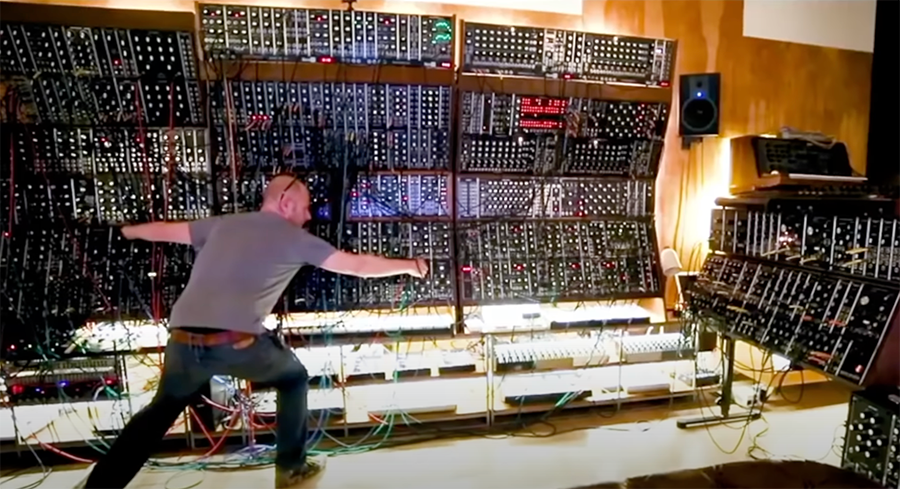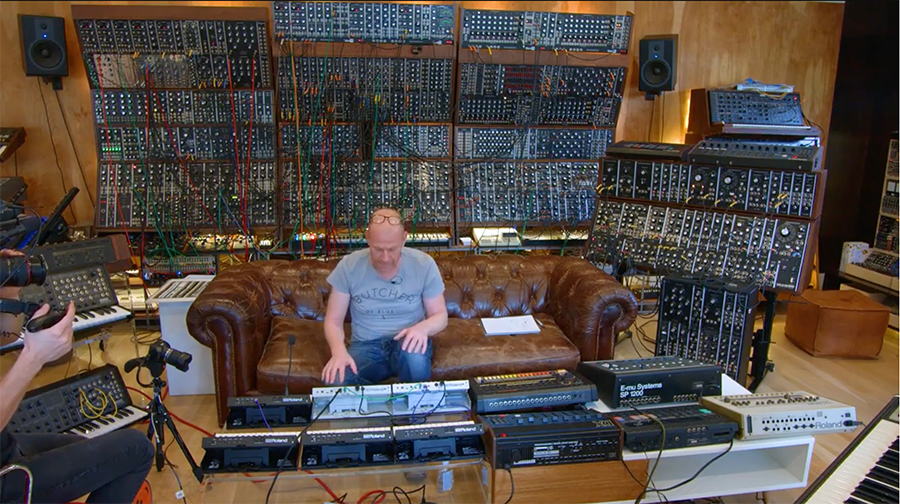Do you feel burdened by all you feel you need to do in order to write, publish, and share that work with readers? Recently I have written about my process for finding clarity and growth, and along the way I noticed a critical dynamic that I want to discuss today: creative burden.
The other day, I scribbled down three words that seem to embody my intentions for the next year: CLARITY, CALM, and CRAFT. This is how these words translate for me:
- Clarity: focus on creating what matters most to me, and having meaningful experiences with readers and those who inspire me. Cut away all else.
- Calm: quell the anxiety, overwhelm, and comparisonitis that turns an otherwise lovely day into a nightmare of conflicting goals and challenges.
- Craft: embrace the slow but meaningful process of simply doing the basics better. This applies to my writing, but also to how I help writers, and with everything I show up to.
These three words — clarity, calm, and craft — go deep. I am infusing them into my daily creative process, which I shared more about in this 20-minute video for paid subscribers titled, “My Daily Checklist for Writing and Reaching Readers.”
What tends to get in the way of creating and reaching readers? Creative burden. In the past few weeks, I have worked to clear away space in my life for more creative energy, creative time, and physical space to help the creative process. Along the way, I was confronted with creative burden. One possible definition of this phrase: Creative burden is the perceived responsibility of maintaining things that are slowing us down or are misaligned with our true goals. Today I want to explore how to identify this in your life and move past it. Let’s dig in…
Giving Away Your Creative Burden
The wall behind him is one large synthesizer! Here he is actually using it, turning dials to modify the sound as it plays:

Tom calls himself a “full contact composer,” describing how he wants his hands to be able to manipulate the music he creates at every stage of the process. “[Being a ] full contact composer means you are physically connected with everything you do,” he says.
He spent decades collecting rare instruments and using them to score major films. More recently, he decided to sell off most of his gear. I was surprised for a couple of reasons:
- His career is thriving, and he has often shown how much he uses these instruments.
- This gear is rare and valuable, and would be difficult (if not impossible) to collect together again.
- These musical instruments provide an amazing set for his YouTube channel and social media posts, where he has hundreds of thousands of followers.
But when he explained why he was selling most of it, the reason was simple:
“Something happened roughly a year ago, where I felt a really strong creative burden having so much gear. When I would walk into my studio, I would sometimes feel bad that I was not using [all of these instruments.] I started to feel bad that I owned so much gear, but I was actually not accessing it enough. I’ve decided to relieve myself of that burden.”
He went on to describe another reason: the burden of maintenance. He kept all of his gear in immaculate condition. He has an engineer on staff to ensure each piece stayed in top notch condition. He said: “It was a really really big responsibility, and that responsibility started to press on my creativity.”
For writers and creators, we can experience similar feelings, but in different ways. We may feel pressure from one aspect or another in how we write, publish, and share our work. It could be an endless to-do list for how you publish; constant revisions trying to please one editor or another; trying to keep up with publishing industry news; or finding the most viable way to share your work with readers.
I have been trying to navigate this for myself by taking small actions to have less. Less things to focus on. Less on my computer. Less in my studio. Less vying for my attention. That includes having fewer goals. In that process is the difficult action of letting go. But, by focusing on less, I am welcoming in more of what matters to me: more writing, more moments with readers, and more time with friends and family.
It begs the question: what can you do less of that opens up space for more of what matters to you?
That will potentially give you more energy, time, and space for your writing, creative work, and reaching your ideal readers?
Focus on Your Craft
I was thinking back on this interview that Ira Glass had in 2014 with journalist Katie Van Syckle, reporting for New York Magazine. Ira is the creator and host of This American Life on NPR. Katie asked him if he’d ever been fired, then mentions that the executive editor at The New York Times was recently fired. Ira’s response:
“I have no idea what you’re talking about… I live in my own little world and we’re putting together a show that we’re putting up at the Brooklyn Academy of Music; I was rewriting the thing here at the Peabody’s that I’m doing today and we are doing a radio show, so it has been pretty busy… Honestly, like, I’m a superfan of The New York Times, but I know nothing about how they put it together and I really don’t care.”
This was surprising in many ways, because Ira worked in the media, lived in New York, and as he mentions, is a superfan of that particular paper. Is it good or bad that he “doesn’t care?” I don’t know. But this always stuck with me, that so often we feel obligated to be aware of things, to keep up with things, to have opinions about things, to show up places, to be on top of everything.
Yet here was an example of someone instead focusing on the craft that mattered deeply to him, and being honest about not knowing about a piece of news, and not even caring. Is he being callous? Is he being dismissive? Regardless, he was focusing on creating, and wasn’t going to hide that or apologize for that. He seemed to let go of that expectation we all often feel to know everything about what is going on, and when we don’t, to feel bad about it.
For a writer, this translates into permission to focus on your craft and the experiences you want to create. I also consider how you share to be a craft as well, understanding the nuances of your ideal readers and how to reach them.
What expectations can you let go of, providing more focus and attention on what you want to create and share?
Be An Outsider Artist*
“Outsider artists have no formal training—meaning they did not attend art school or have academic art instruction… Their work is created outside of mainstream fine art. Outsider artists simply create for themselves, in order to make sense of their experiences, interests and the world around them. Outsider artists engage with their surroundings on their own terms and do not follow the rules of the art world. Usually, they do not worry about what other people are going to think of their work.”
Definitions of outsider art differ and have been debated for decades. Here, I am using the concept broadly to mean you can create that which speaks only to you. That is why I put an asterisk next to the term, to pay respect to outsider artists (past and present) who may be aligning to a different definition of the term.
The idea of being an outsider artist is to release expectations and narratives that hold you back. To remember that:
- You can create without expectation.
- You can create without aligning to conventions.
- You can create without credentials.
- You can create without considering your audience.
- You don’ have to be defined by a title or genre.
- You can ignore trends.
- You can publish if you want, when you want, where you want, and how you want. Or, not at all.
- You can celebrate creating and sharing things that are uniquely you.
- You can do all of this without seeking permission from others.
When you create what is unique to you, that makes the world a better place.
The creative burden is that which keeps you from creating and sharing, and from feeling good about it. What is one simple thing that you can give yourself permission to release, lightening your creative burden, and opening up more possibility?
One final question: what are three words that describe the intentions for how you feel about writing and sharing next year? Let me know in the comments.
Thank you for being here with me.
-Dan

